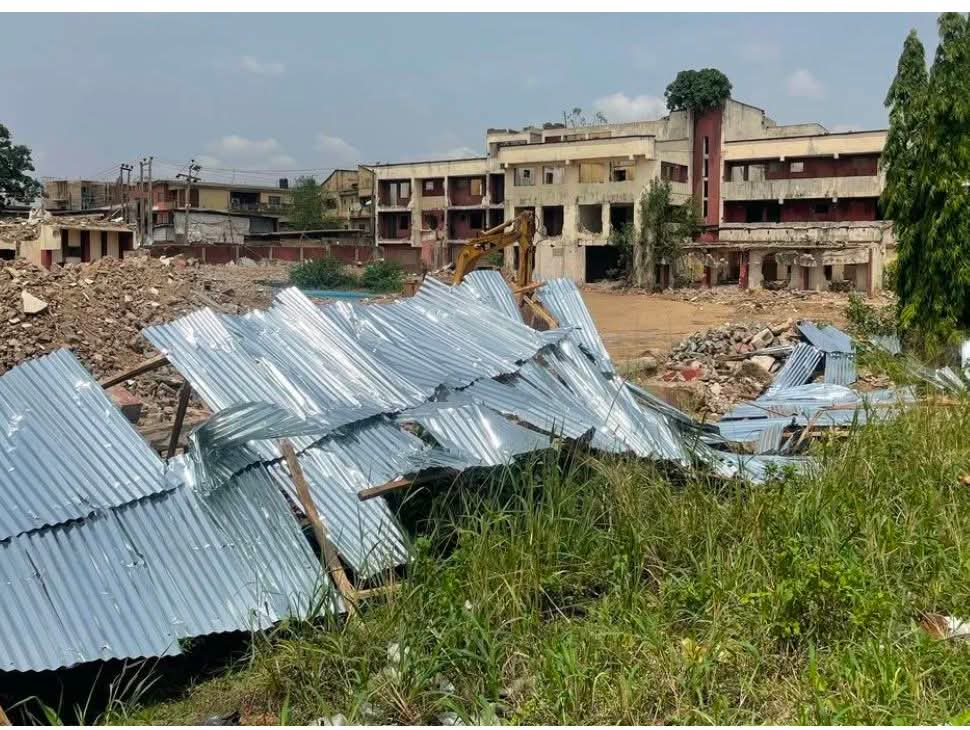Let’s assume that there are 5 major express roads through which Covid-19 enters the community:
1. Schools
2. Places of worship
3. Markets & shops
4. Social functions, and
5. All others.
Let’s make a broad assumption that Covid-19 spreads
20% through schools,
20% through places of worship,
20% through markets & shops,
20% through social functions & ceremonies (naming, marriage, funeral, parties, etc.), and
20% through all other places of private and public social and official interactions.
(Total = 💯%)
For lockdowns to succeed, the more places we can lockdown the more time we have to trace potential victims, prepare and better manage the scale and impact of the pandemic. (100% lockdown is of course not advisable for survival reasons too).
Theoretically, if only schools and mosques/churches effectively shutdown, we would have succeeded in reducing the threat by 40%. If markets, shops and public ceremonies also shutdown, that would be a total of about 80% less opportunities for Covid-19 to spread.
Some however have argued that since government has not been serious enough with shutdowns and curfews, and people can still go about their normal businesses, why should we not reopen our places of worship? If that mosque or church was allowed to open, why should ours stay closed?!
The less we close down the faster and further the spread and threat of COVID-19.
When however the government is unable or unwilling to shutdown markets and shops (20%), should that be used as an excuse to justify opening up places of worship, thereby adding another 20% to the spread of COVID-19?
If any government is to become weak or irresponsible, should we also become weak and irresponsible? Should we therefore give Covid-19 greater access to our communities by opening up our places of worship?
Should people of faith not be at the forefront of showing concern for human life?
If government fails to do what it should have done, should we, as a community not put our energy into getting more places closed and in strengthening and supporting our governments?
In which direction does faith ask us to move?
If those of us who say we believe in God really value life as much as our faiths teach, then should it not show in our actions, even before we see it in government policies?
Should religious institutions, followers and leaders not take individual and collective responsibility and show they care more for human life than any other institutions?
Each one of us is a shepherd and will be held responsible for his or her flock.
Peace and safety be with you, your family and community
Most respectfully,
Nuruddeen Lemu.





